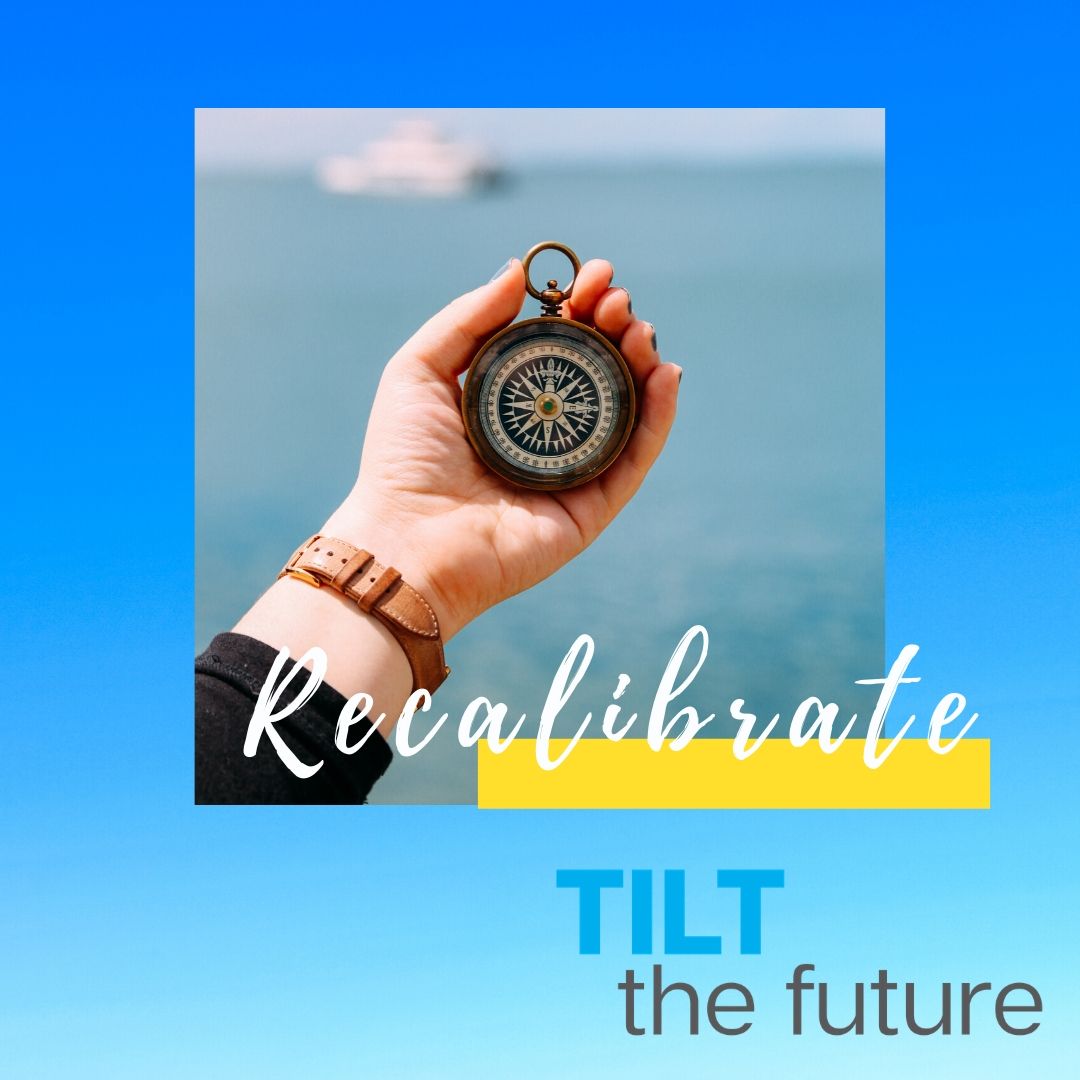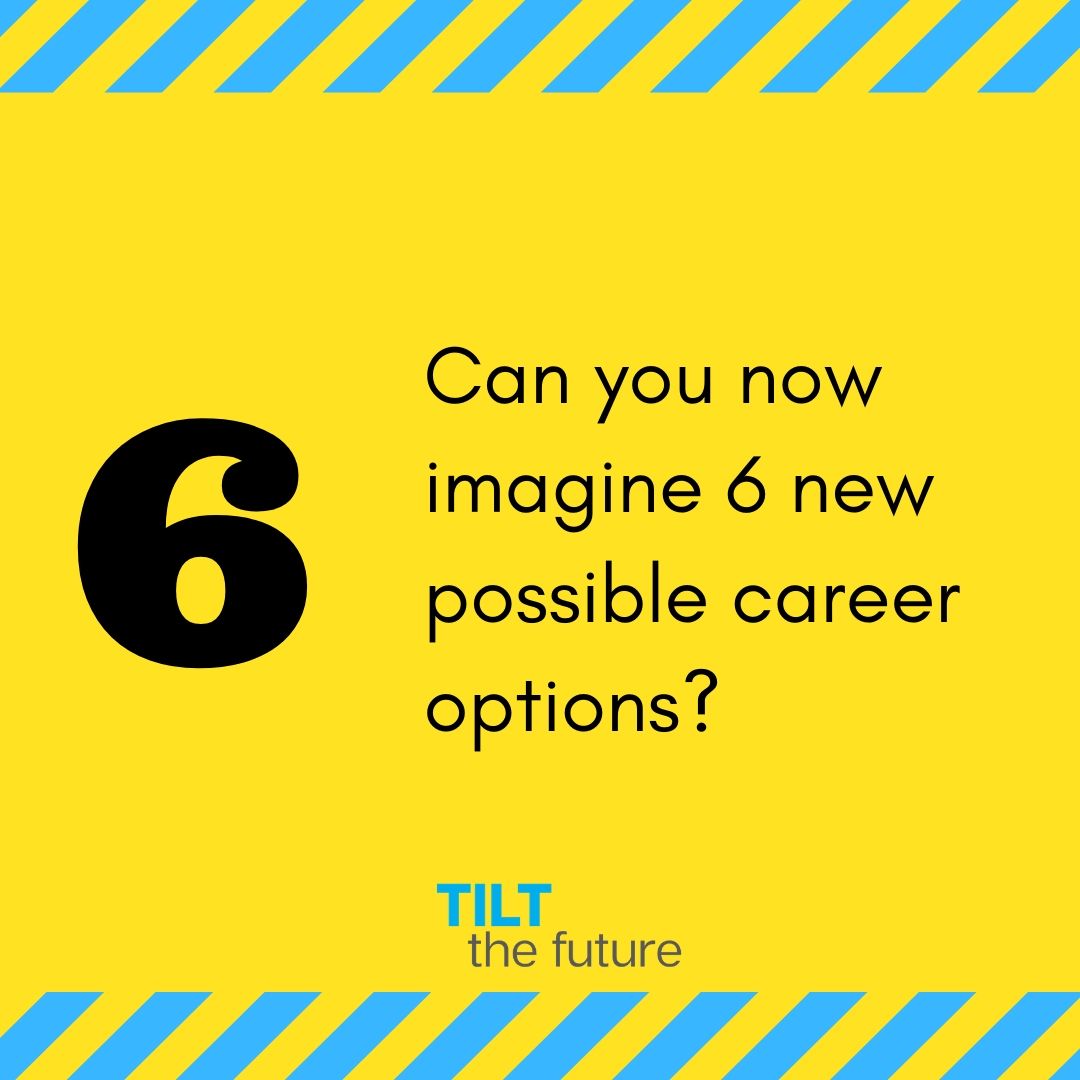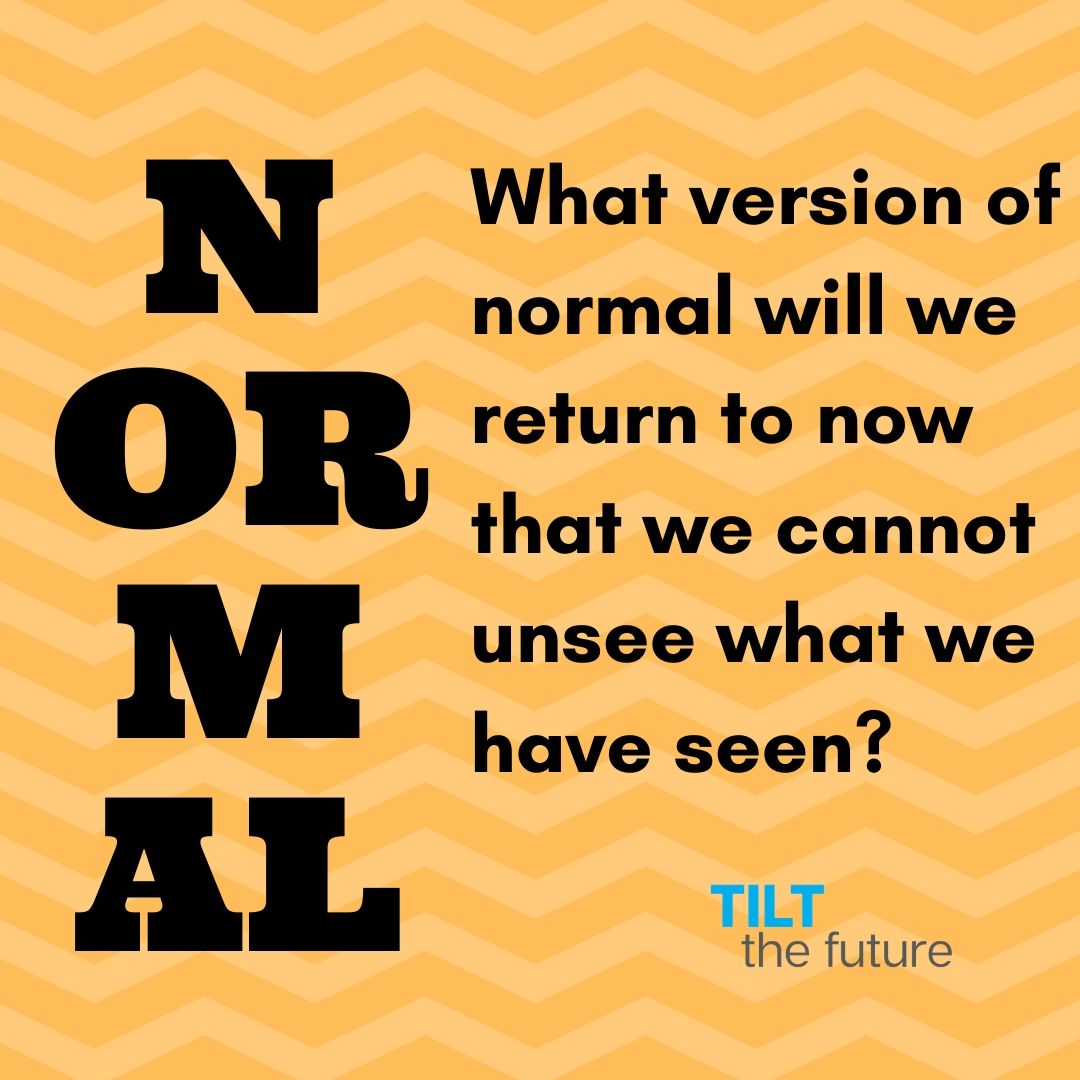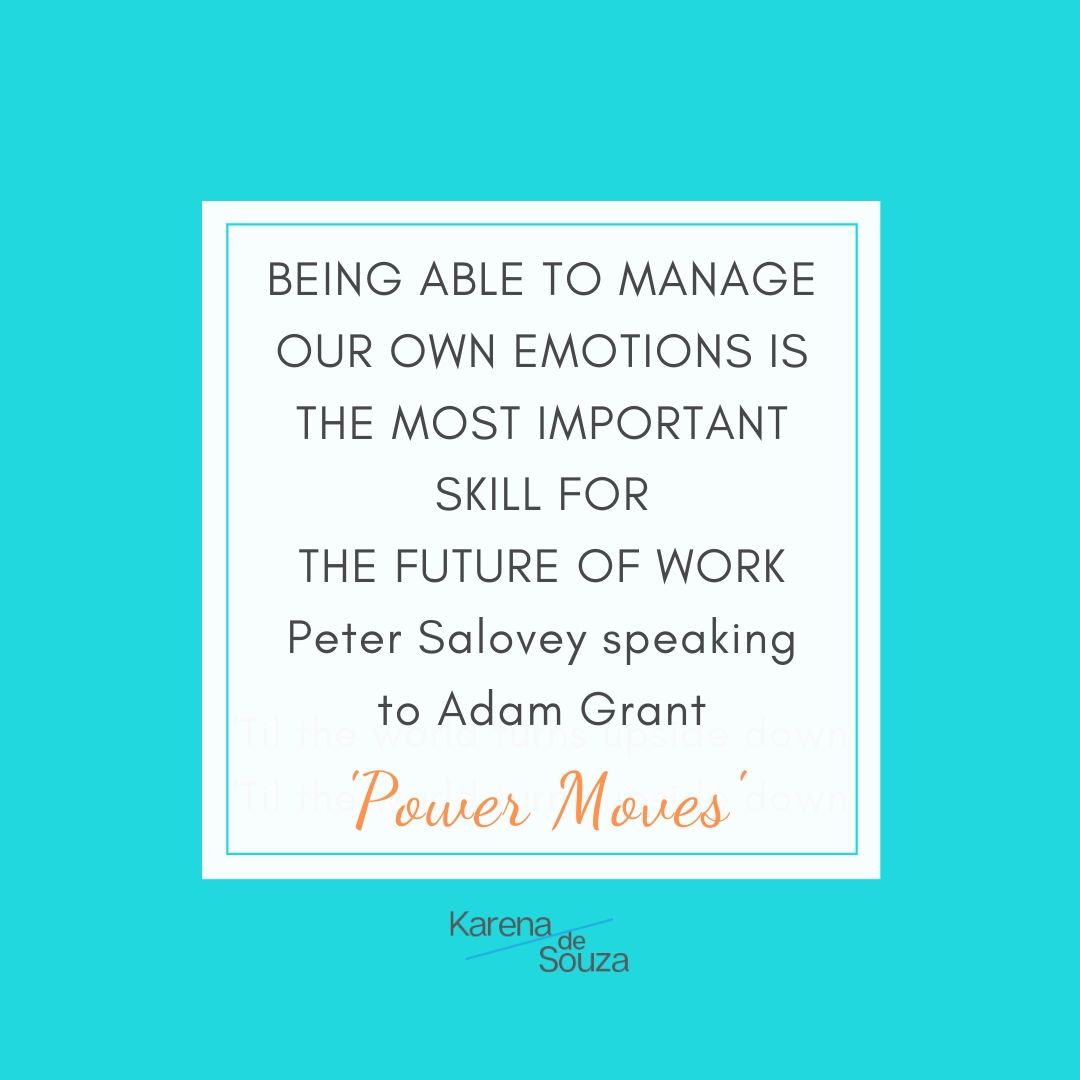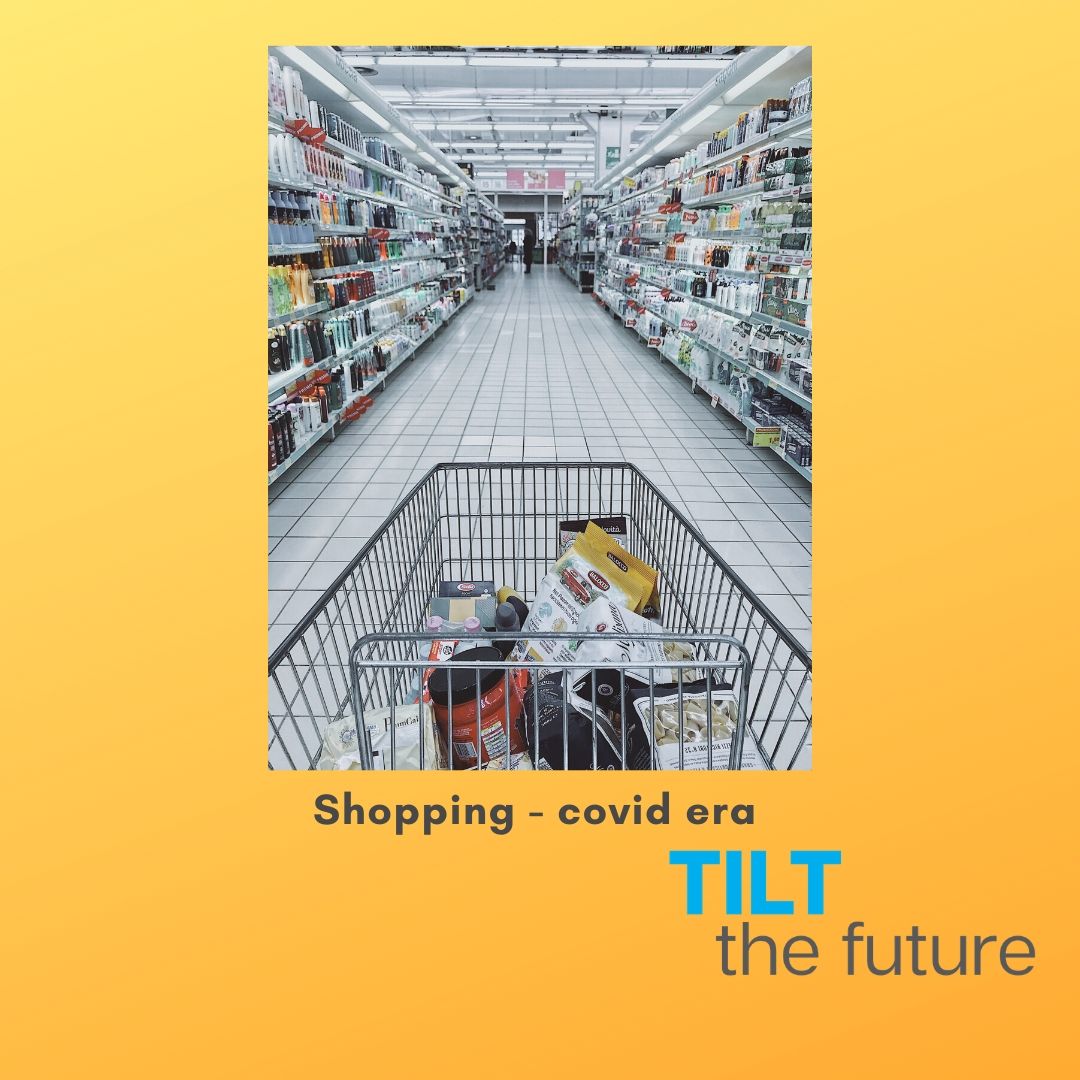As we move into the Future of Work, robots and AI are moving more aggressively into the realm of IQ - the knowledge space. (Ray Dalio,
Principles)
Which means that we still own the space around emotional intelligence or EQ.
The algorithms are crowd-sourcing information based on 'people like us'. They are beginning to recognize what might interest us and give us the 'recommended for you' Netflix watchlist, Spotify playlist or suggestions for recipes to try out based on our past history and the connected interests of others matching our profile and demographics.
AI in a Covid-era
As we sink deeper into a Covid-era we are eager to leverage these good facets of AI :
These algorithms are getting better at assisting us in the decision-making process. But in the words of Peter Salovey (alongside John D Mayer, he helped research and coin the phrase Emotional Intelligence in 1990) the machines don't make decisions for us, and cannot yet manage our emotions for us.
Therefore, our ability to understand and manage our own emotions is going to be a very powerful skill set as we move ahead in the Future of Work.
Some good listening opportunities
A side benefit of standing in line for hours on my
Covid shopping adventure was the opportunity to listen to Adam Grant's audiobook '
Power Moves'.
And there, in Chapter 5 titled Robot Power his interview with Peter Salovey delved deeply into the ideas around Emotional Intelligence (also known as EQ) I found my gem. He talked about 3 different components that make up EQ:
- Being able to recognize and identify emotions - within our selves. And then through non-verbal cues, with others.
- Understanding emotions and the language of emotions, and the subtle differences between the gradations.
- Managing emotions, and in particular, regulating our own emotions.
Of all these, they both agreed, being able to manage our own emotions would probably become the most important skill as we move into the Future of Work.
And now for the longer read, or how I connect those dots ...


